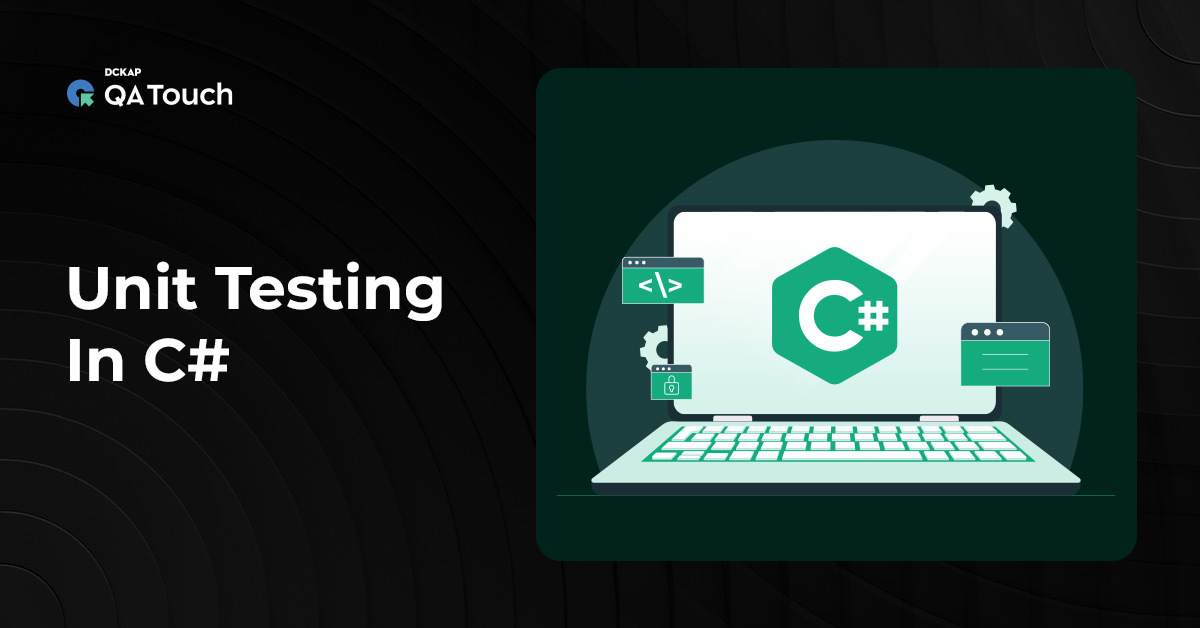“Testing is the only way to ensure that you have satisfied all of the requirements for accurate data.” Consider, Select & Implement an ERP system, O’Sullivan, Rico, Goldensohn.
It is inevitable that we have to ensure the implementation of ERP by testing with multiple testing methods. In this blog, I am going to share Insights about ERP Testing.
What is ERP Testing?
Before going into ERP testing, we have to understand about the ERP. ERP stands for Enterprise Resource Planning. In simple words, ERP Testing is a verification and validation process of the implementation of the ERP system before launch.

ERP Testing is critical since each business can customize its workflow depending on the needs of their organization. When doing ERP testing, the tester has to understand the business workflows, data flows, and ERP modules. Then only he/she will be able to test and confirm the system implementation is suiting their organization.
How To Do ERP Testing?
ERP Testing mainly focuses generally on functional testing and performance testing. The next preference is given for the integration between the modules and the data flows. ERP testing can be done either manually or automatically. ERP testing can be done in the below phases:
- Identify the business processes and define the scope of testing.
- Setting up a test system.
- Prepare Test Plan.
- Prepare the test suites.
- Create test data sets.
- Write test cases(manual/automated)
- Test Execution
- Prepare Test Reports
The below picture shows the phases of ERP testing.

Different Types of ERP Testing
Like any other product testing, ERP also has different phases of the testing to ensure the product works under the combination of various business workflows.
Functional Testing:
Functional testing will cover the aspects of compatibility, localization, integration with other systems, etc. The testing can be done either manually or by automation. This is the first testing type need to be conducted since the functional workflow should work flawlessly. After functional testing completed, the other types of testing need to be performed. The testing can be done by manual or automated testing.
Integration Testing:
Integration testing usually conducted when an application is interacting with multiple components. The components need to be tested individually. After the completion of the testing of the modules, it needs to be tested with all components as a complete workflow. Then only the system should work like a single unit at the end after integration seamlessly.
Performance Testing:
Performance testing usually conducted to ensure how many users can access the system at the same time and what is the response time during that. The user volume and the concurrent usage will be more after the implementation of ERP systems. It is critical to do the performance testing of the ERP system since it has to interact with multiple applications.
Security Testing:
Security testing is conducted to ensure that the system follows the standard security policies and rules. It helps to identify risks, threats, and vulnerabilities of the system. After identifying the vulnerabilities, those should be fixed and tested before the implementation of the ERP system.
Happy Testing!!











